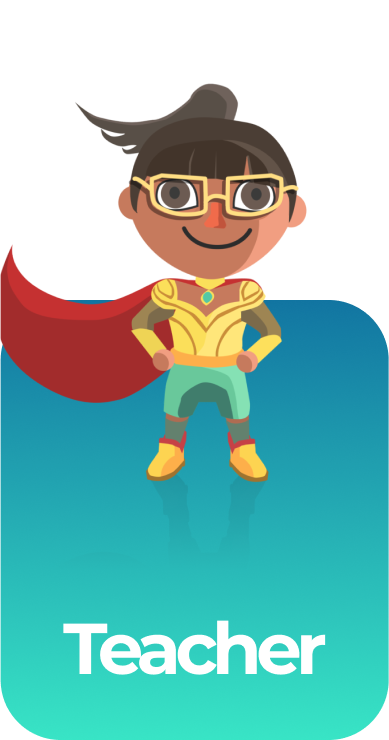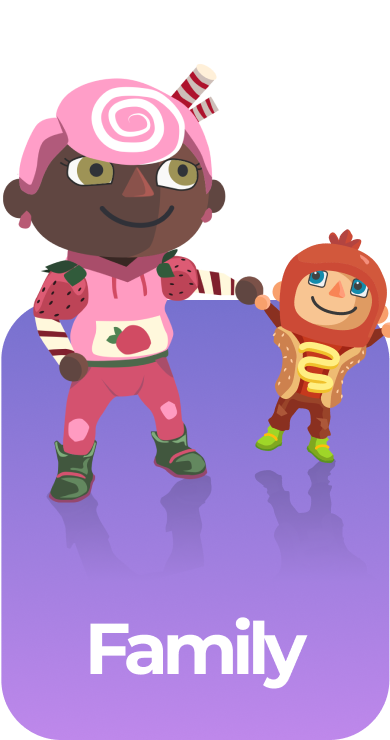Adults love games. Kids love games. Both groups of people work in classrooms. So why aren’t classrooms filled with game-based learning? Keep reading and discover the five key reasons to teach with games!
Some teachers have resisted gaming because they see it as a chance for students to goof off rather than focus. In their minds, games do not truly teach content and thus do not provide educational value.
Over the past few years, learning games have evolved to include content of real value. Meaningful learning games are now easily accessible for teachers. Legends of Learning offers 900 science curriculum games for middle school.
Take it from this teacher. Game-based learning is not only fun for students it makes teaching easier.
Five Reasons to Use Games in Your Classroom
1. Students Love Games – Most students already spend free time playing games online with friends, watching other gamers play on YouTube, and bragging to each other about who’s the best gamer.
Introducing games into your class is a natural extension of what your students already like. With so many games available that teach content, it’s the perfect fit for your classroom.
2. One-on-One Time with Students – Imagine getting to walk around a room of 30 students and having meaningful one-on-one conversations with each of them. Because students are so engaged, off-task behavior with gameplay is minimal, in turn giving you time to work with the students who need your help most.
3. Curricula Games Mean Learning – Games are effective because students have so much fun playing the games they don’t even think about whether learning is taking place. When students are engaged, they learn significantly more content and remember more of what they learned. This leads to higher test scores and more confidence in taking on complex tasks in the classroom.
4. Struggling Students Feel Included – When students struggle, they often stay quiet or act out. Because games are fun and teach content without shame, struggling students engage and learn at their own pace.
It’s common to see organic conversations about content crop up during class. Students who never raise their hands show eagerness to participate. Games remind you that all students want to learn, they just need the right vehicle.
5. Personalized Learning – Games let students take control of what they learn. Students teach themselves new material or review existing knowledge via engaging gameplay. Teachers facilitate learning, gently guiding students through game play, and helping them think critically about decision points. This is the 21st-century classroom.
As you consider your lesson plans for the school year, imagine the possibilities games offer as an everyday part of your instruction. Simply put, game-based learning can transform your classroom. Want proof? Try Legends of Learning science games for three weeks and watch student achievement take off in your classroom.
Aryah Fradkin is Manager of Teacher Outreach and Engagement for Legends of Learning. Before joining the Legends, he taught middle school for six years in Baltimore City Public Schools.



